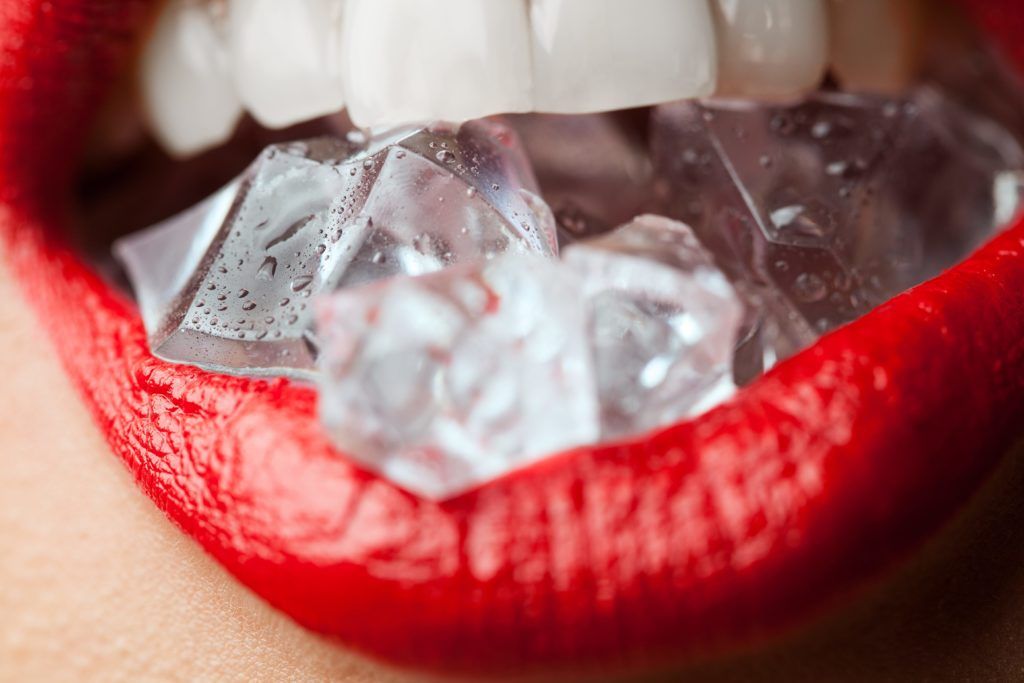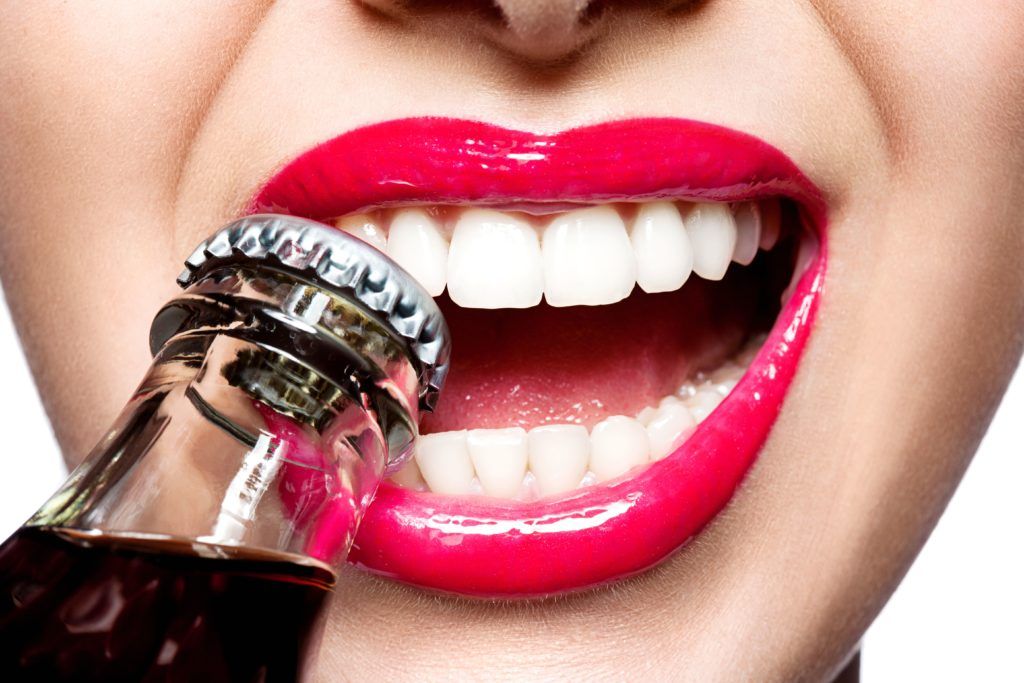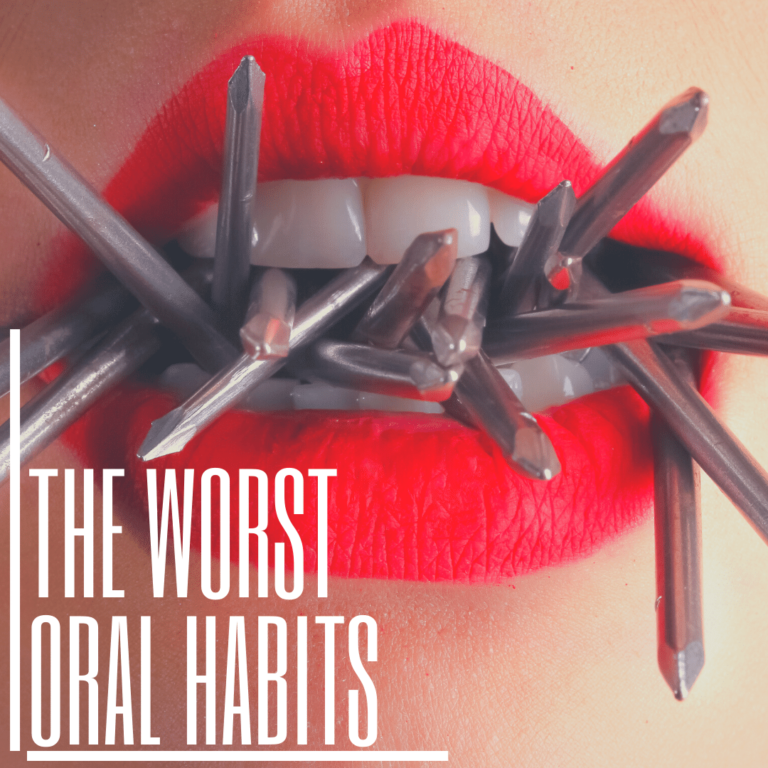Taking care of your teeth is your dentist’s number one priority. That is why they recommend coming into their office every six months for a dental check-up and teeth cleaning. Beyond providing these semi-annual preventive treatments, however, it is up to you to make sure your teeth are well taken care of. The best way to care for your teeth is by practicing good oral habits and avoiding bad oral habits.
A habit is a regular behavior that is often repeated. When good oral habits, such as brushing and flossing, are repeated they are likely to improve or maintain your oral health. Conversely, when bad oral habits, such as regularly not flossing, are repeated they can cause your oral health to deteriorate. Some oral habits are worse than others and here are some of the worst oral habits for your oral health:
Brushing Too Hard
Some people believe that if you use a brush with hard bristles or apply extra pressure while brushing that you can remove stains and make your teeth cleaner. Unfortunately, this is not the case. Although some stains can be removed by brushing, most stains are actually inside the tooth rather than on the surface. Instead of brightening your teeth, brushing too hard actually damages your tooth enamel and irritates the gums. This can eventually lead to tooth sensitivity and gum recession.
Bruxism
Bruxism refers to the behavior of grinding or clenching your teeth. Most people who participate in these behaviors tend to do so at night while they are sleeping and are unaware of it. Nevertheless, it is still extremely damaging to your teeth and jaw. For starters, frequent grinding or clenching wears down the tooth enamel and can eventually cause it to chip or fracture. Not only that, but bruxism places additional strain on the jaw joint and prevents the surrounding muscles from relaxing. This can eventually lead to temporomandibular joint disorder (TMD). To prevent these things from happening, your dentist can prescribe a night guard that fits over your teeth and places your jaw in a better position.

Chewing Ice
Ice is an exceptionally hard crystalline structure and so is tooth enamel. When two hard crystalline structures are forced together, the inevitable result is that one will break. Unfortunately, it is not always the ice that breaks. Frequently chewing ice gradually weakens your enamel and can eventually lead to a fractured tooth when trying to bite into an ice cube.
Nail Biting
Nail biting is another habit that many people don’t realize can actually damage their teeth in addition to their nails. Biting your nails can cause your teeth to chip, however this is not the only problem. The act of biting your nails actually causes your jaw to sit in an abnormal position. The more you bite your nails, the longer your jaw is in this position. This places stress on your jaw joint and can cause TMD.

Using Your Teeth as Tools
Teeth are great natural tools for biting and chewing food, but not so great for other functions. Despite this, many people tend to use their teeth to hold things, open or tear packages, and all kinds of other things. Using your teeth as tools can cause a variety of problems such as damaged teeth or even loose and knocked out teeth.
As you can see, these are some of the worst oral habits that can be detrimental to your oral health. When these unfortunate habits are practiced on a regular basis, they increase your chances of tooth decay and dental emergencies. For this reason, your dentist recommends avoiding these habits and instead focus on establishing good oral habits.




